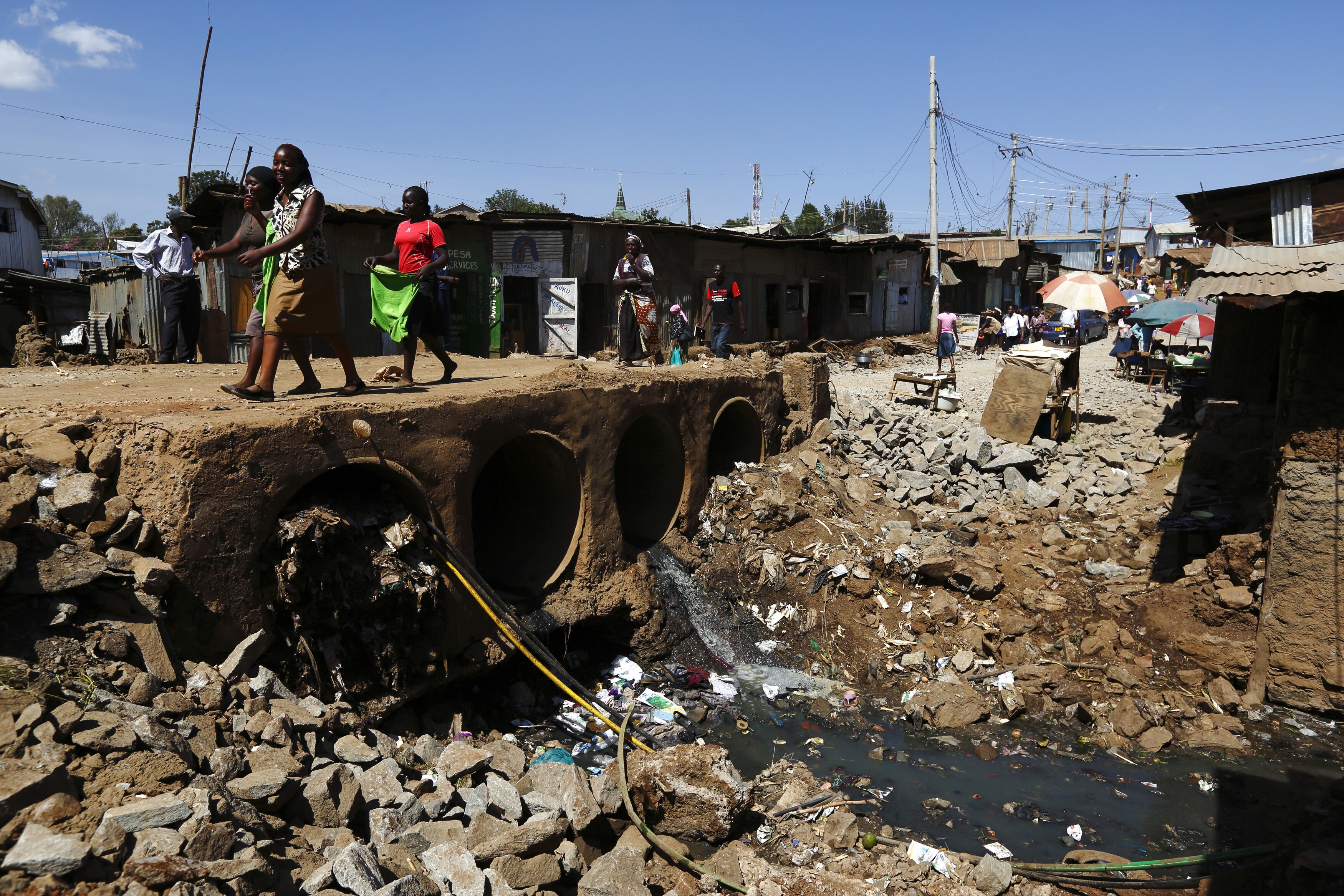Here’s why we need a global agreement on cross-border science to beat COVID-19

A pathway towards more effective global scientific partnerships can help the world tackle future viral outbreaks.
Image: Photo by Hans Reniers on Unsplash
Stay up to date:
Global Health
- The pandemic has underscored the need for trust in science and global collaboration.
- A new approach can help broker better cooperation to leverage scientific talent and resources to fight crises.
The coronavirus pandemic should be a rallying call to policy-makers and scientists everywhere, bringing the world together to confront a common threat. In practice, however, the fight against COVID-19 has been fraught with national rivalries and political tensions. Overcoming these divisions and enabling scientists to work across borders must become an urgent priority. Unless we find a pathway towards more effective global scientific partnerships, we will risk falling prey to this and future viral outbreaks. But how do we build such trust and collaboration in an increasingly fragmented world?
What is the World Economic Forum doing to manage emerging risks from COVID-19?
A number of challenges have disrupted efforts to create a coordinated and unified scientific response. Universities and researchers are struggling to engage across borders due to heightened political tensions worldwide. Conspiracy theories about the origin and spread of the novel coronavirus have accentuated this tension and stoked dangerous nationalist trends. Vaccine development has itself become a national competitive race for commercial ascendance. Ideological differences are trumping the value of data exchange and research partnerships. Despite earlier calls for “science diplomacy” in the wake of the pandemic, in reality the idea has received scant attention.
Domestically, public trust in science has wavered in many countries. As would be expected with a new pathogen, there has been scientific uncertainty about the best ways to tackle the new coronavirus, as well as the effectiveness of various measures to prevent the spread of infection. Such uncertainty has fueled skepticism about the reliability of scientists’ findings and recommendations, at a time when support for science is more important than ever.
While this volatile situation can feel unprecedented, the truth is that science has weathered many political crises in the past. This is not the first time multilateralism has faltered and parochial populism has gained traction. If we learn the right lessons from history, we can overcome our current divisions and fulfill the promise of global scientific cooperation.
From inclusionary to exclusionary science
During the Cold War, science was weaponized and researchers became valuable targets for defections or assassinations. Yet even during this era of deep distrust, international cooperation thrived in specific areas of science such as environmental research. This was exemplified most significantly with the Antarctic Treaty, signed in 1959 between even adversarial parties such as the Soviet Union and the United States.
At the end of the Cold War, cooperation blossomed in space science and technology, for example, as shown by the establishment of the International Space Station. Transformational research in nuclear fusion energy led to the International Thermonuclear Experimental Reactor (ITER) project. The project now involves a core partnership between the United States, Russia, China, India, the European Union, and South Korea and has a budget of over $20 billion.
These positive developments towards scientific cooperation generated widespread optimism. They led to unprecedented student exchanges, particularly between Asia and North America, and more specifically between China and the United States. Nature’s most recent 2019-2020 research collaboration index shows the extent of such partnerships.
However, such teamwork has been threatened by competing institutional, corporate and political interests. Some students feel they are being used as an overworked labour force to fuel the research productivity of elite universities. Some governments and institutions, on the other hand, fear that their intellectual property may be compromised for commercial and defense interests abroad. The only way out of this current erosion of mutual trust is to spell out the rules of engagement on research, and adhere to them.
Towards a global agreement
Many of the concerns that have led to the trust deficit in scientific cooperation could potentially be addressed through a new convention on scientific cooperation. One option would be to do this under the banner of the United Nations’ Educational, Scientific and Cultural Organization (UNESCO), which already has a wide repertoire of conventions.
Another and arguably more suitable option would be to formulate such a convention through a scientist-led organization. This would clearly separate it from any political issues or discussions. The most likely candidate would be the International Science Council. It includes 40 international scientific unions and associations and over 140 national and regional scientific organizations including academies and research councils.
An agreement of this kind would need to cover six key points:
1. Research integrity. We need standardized norms on disclosures of researchers’ potential conflicts of interest, with clear reference to consulting work for private or public organizations while undertaking research.
2. Merit-based admission criteria for international students to universities and research institutions. If there are to be quotas for affirmative action or other national priorities, these should be articulated within the agreement provisos of signatories.
3, Major threat prevention science mechanisms established in key areas. An immediate focus of such multilateral collaboration could be international support and data exchange for the Global Virome Project.
4. A crisis research collaboration fund for global disasters such as pandemics, major seismic or volcanic events and climatic hazards. Norms of engagement and quality control for rapid response science should be established.
5. Science communication guidelines developed to manage global misinformation in social media around particular research findings and their applicability.
6. Metrics and protocols for evaluation of cooperative performance to ensure benefits to collaborators are mutual and to avoid accusations of asymmetric benefits.
We all know there are limits to the solutions science can offer in times of distress. However, there is also little doubt that science and technology have given all human societies resilience across borders during this pandemic.
Bilateral scientific agreements between countries are well established. What we now need is a multilateral agreement on scientific cooperation. If policy-makers and scientists from all over the world come together and tackle our most pressing problems, we can not only stop the current pandemic, but also create a brighter and more prosperous future for everyone.
Accept our marketing cookies to access this content.
These cookies are currently disabled in your browser.
Don't miss any update on this topic
Create a free account and access your personalized content collection with our latest publications and analyses.
License and Republishing
World Economic Forum articles may be republished in accordance with the Creative Commons Attribution-NonCommercial-NoDerivatives 4.0 International Public License, and in accordance with our Terms of Use.
The views expressed in this article are those of the author alone and not the World Economic Forum.
Forum Stories newsletter
Bringing you weekly curated insights and analysis on the global issues that matter.
More on Health and Healthcare SystemsSee all
Shyam Bishen
August 28, 2025
Ridwan Sorunke and Alyse Schrecongost
August 25, 2025
Shiloh Paswani and Mansoor Aamir
August 14, 2025
James Balzer
August 14, 2025
Madeleine North
August 13, 2025
Charlotte Edmond
August 11, 2025







